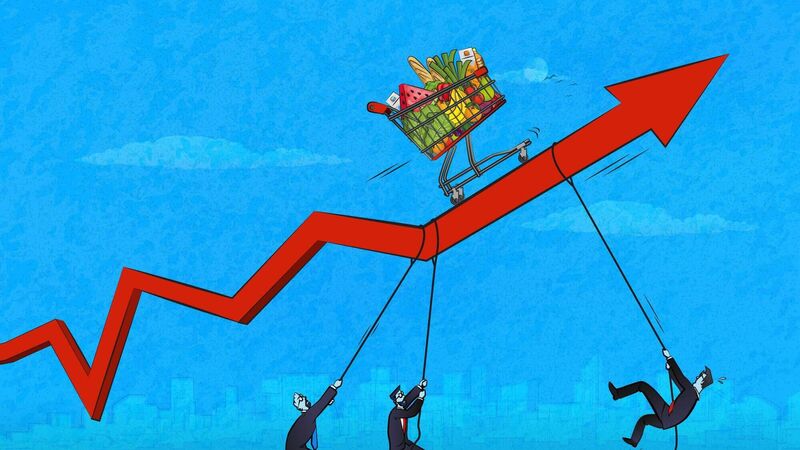Ireland's economy set to 'worsen', warns head of Department of Finance

Ireland, while better placed than most, 'is not immune' to the inflationary and recessionary trends being seen across the world.
Ireland’s economic situation is set to “worsen” for the foreseeable future, according to the head of the Department of Finance.
John Hogan, the department’s secretary-general, will tell the Public Accounts Committee (PAC) on Thursday that Ireland, while better placed than most, “is not immune” to the inflationary and recessionary trends being seen across the world.













